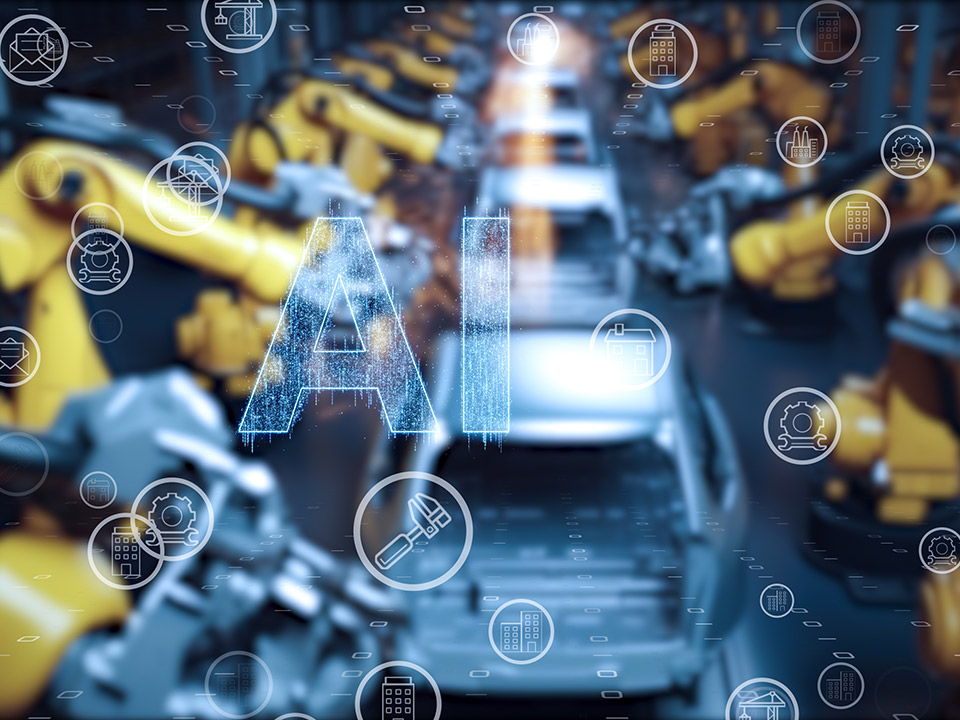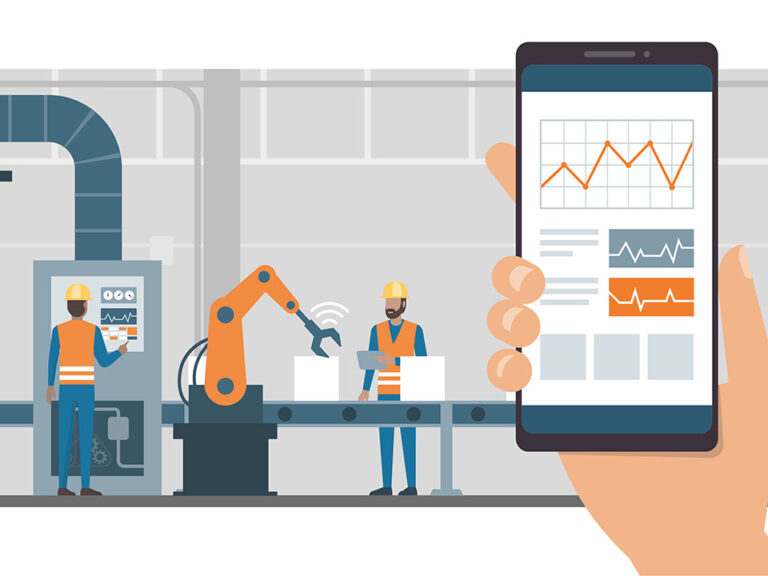The relentless advancement of intelligent automation is causing the winds of change to blow more fiercely than ever before in the manufacturing sector. As we stand on the cusp of Industry 4.0, the fusion of cutting-edge technologies like artificial intelligence (AI), machine learning, and robotic process automation (RPA) is not only redefining the landscape of manufacturing processes but also the composition and roles within the workforce itself. This shift towards a more digital and automated factory floor offers a glimpse into a future where operational efficiency, productivity, and innovation reign supreme.
Transforming Manufacturing Processes
The Role of Cobots in Collaborative Manufacturing
Collaborative robots, or cobots, epitomize the synergy between human workers and machines. Unlike their more isolated predecessors, cobots work alongside humans, performing tasks that range from assembly to more complex quality control processes. This collaboration allows for a significant optimization of manufacturing processes, where cobots handle the repetitive tasks, freeing human workers to focus on higher-value, strategic activities that require critical thinking and creativity.
Streamlining Supply Chain and Production Processes
Intelligent automation extends its reach beyond the factory floor, significantly impacting supply chain management and production processes. Automation technologies enable real-time data analytics and predictive maintenance, ensuring that production lines run smoothly and efficiently with minimal downtime. This real-time oversight allows manufacturers to respond swiftly to changing market demands and supply chain disruptions, ensuring that the manufacturing sector remains both resilient and adaptable.
Energy Efficiency and Sustainability
In today’s manufacturing landscape, sustainability and energy efficiency are increasingly becoming core priorities. Intelligent automation offers compelling solutions in this arena, leveraging IoT devices and AI algorithms to optimize energy consumption across manufacturing operations. This not only leads to cost savings but also contributes to the sector’s broader sustainability goals by minimizing the environmental impact of manufacturing processes.
Empowering the Workforce Through Intelligent Automation
The advent of intelligent automation in manufacturing is not about replacing human workers but rather empowering them. Training programs designed to equip employees with the skills needed to operate and interact with new technologies are pivotal. This transition represents a significant opportunity for the workforce to engage in more meaningful and intellectually stimulating work, moving away from the monotony of repetitive tasks.
Addressing Challenges and Seizing Opportunities
The shift towards automation does come with its own set of challenges, including the need for robust cybersecurity measures and the potential for job displacement in certain roles. However, by proactively addressing these challenges through comprehensive training and a clear communication strategy, manufacturers can mitigate risks and foster an environment of continuous learning and innovation.
Shaping the Future of Manufacturing
Intelligent automation holds immense potential to transform the manufacturing industry, leading to increased efficiency, productivity, and a competitive edge in the global market. By adopting intelligent automation, manufacturers are not only optimizing their current operations but also laying the groundwork for future advancements and technologies.
Conclusion
The journey towards intelligent automation in manufacturing is well underway, with significant implications for the workforce, production processes, and the sector’s overall competitiveness. As manufacturers continue to innovate and adapt to this rapidly evolving landscape, the role of automation as a catalyst for transformation becomes increasingly clear.
For businesses looking to stay ahead of the curve and transform their manufacturing operations through intelligent automation, Leaniar is here to help. Contact us today to get started on your journey towards manufacturing excellence with our tailored automation solutions.
Frequently Asked Questions
How does intelligent automation improve manufacturing productivity?
Intelligent automation streamlines production processes, reduces downtime through predictive maintenance, and empowers the workforce to focus on higher-value tasks, significantly improving productivity.
Can automation lead to job displacement?
While automation can automate repetitive tasks, it creates new opportunities for the workforce in areas requiring analytical skills, oversight, and maintenance of automation systems, shifting the focus to more rewarding and creative work.
What are the benefits of cobots in manufacturing?
Cobots offer flexible automation solutions, working alongside human workers to enhance efficiency, reduce errors, and improve safety on the manufacturing floor.
How does intelligent automation contribute to sustainability?
By optimizing energy consumption and reducing waste, intelligent automation supports sustainable manufacturing practices and contributes to environmental stewardship.
What role does AI play in intelligent automation?
AI analyzes data in real-time, optimizing production processes, improving quality control, enabling predictive maintenance, driving efficiency, and reducing costs.
How can companies implement intelligent automation effectively?
Successful implementation requires a clear strategy involving the communication of benefits to employees, robust training programs, and predefined KPIs to measure the impact of automation on manufacturing processes. Contact us at Leaniar to explore how our intelligent automation solutions can transform your manufacturing business.






